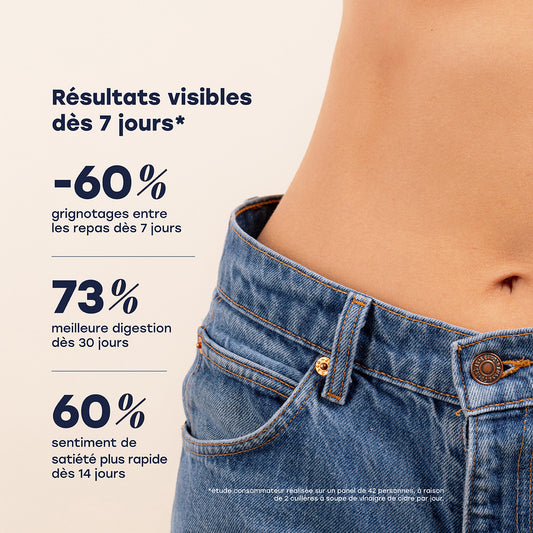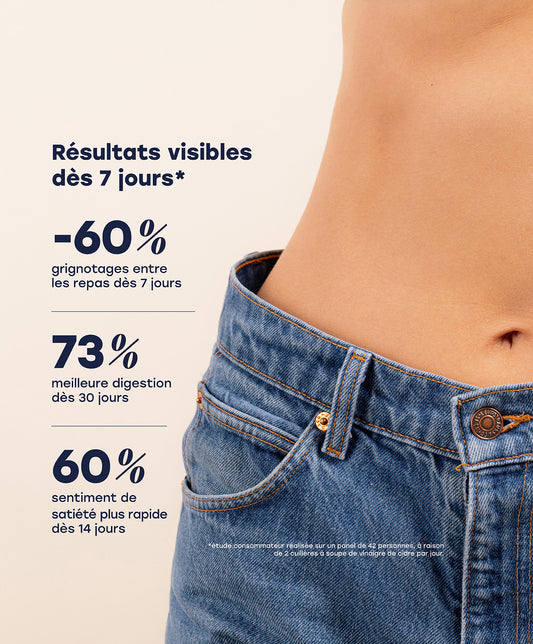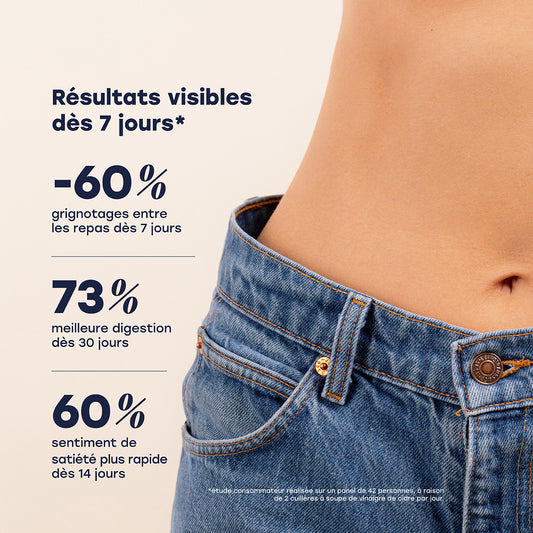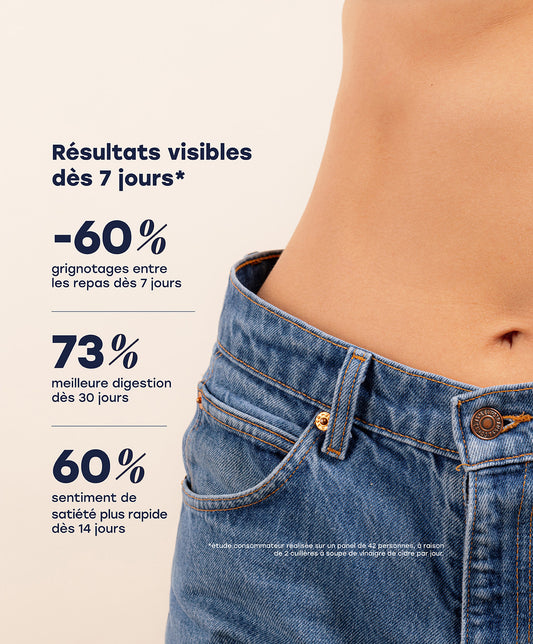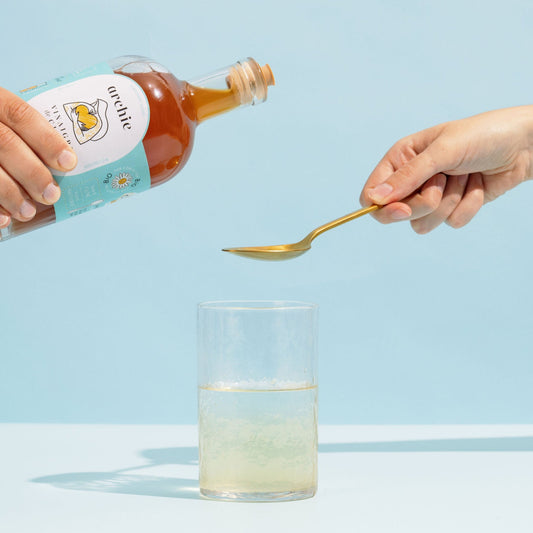Hyperglycemia and hypoglycemia are two opposing but equally critical physiological states when it comes to blood glucose regulation. Understanding both conditions is essential for maintaining optimal health, especially for people with diabetes, where these fluctuations can be common and sometimes severe. In this article, we'll dive into the mechanisms, causes, symptoms, and treatments of hyperglycemia and hypoglycemia, highlighting their importance for overall health.
Hyperglycemia: When Sugar Soars
Hyperglycemia occurs when blood glucose levels exceed normal limits. This is often associated with diabetes, a metabolic disease characterized by poor glucose regulation, but can also occur in people without diabetes under certain circumstances. The main hormone involved in regulating blood sugar is insulin, produced by the pancreas. When the body lacks insulin or becomes resistant to its effects, glucose cannot be properly absorbed by cells, causing it to accumulate in the blood.
There are many causes of high blood sugar, but they are generally related to insulin regulation problems, dietary factors, and underlying medical conditions. Some of the main causes include:
Diabetes: Type 1 diabetes is characterized by a lack of insulin production by the pancreas, often due to autoimmune causes. Type 2 diabetes occurs when cells become resistant to insulin. In both cases, this leads to chronic hyperglycemia if left untreated.
Diet: A diet high in simple sugars and carbohydrates can cause blood sugar to rise rapidly. Eating too much or eating too many sugary snacks can also cause blood glucose spikes.
Stress: Physical or emotional stress can trigger the release of certain hormones, such as cortisol, which increase blood sugar by promoting the release of glucose from the liver.
Symptoms of high blood sugar include excessive thirst, frequent urination, blurred vision, fatigue, intense hunger, and unexplained weight loss. In the long term, uncontrolled high blood sugar can lead to serious complications such as nerve damage, kidney problems, cardiovascular disease, and even diabetic coma.
Treatment for hyperglycemia depends on the underlying cause. For people with diabetes, adjusting the dose of insulin or blood sugar-lowering medications, carefully monitoring their diet, and maintaining a healthy lifestyle are essential. In acute cases, immediate medical intervention may be necessary to quickly lower blood sugar.
Hypoglycemia: When Sugar Drops
Hypoglycemia occurs when blood glucose levels become abnormally low. This can occur in people with diabetes who take too much insulin or other blood sugar-lowering medications, but it can also occur in people without diabetes if they skip meals or exercise too much without consuming enough carbohydrates. Hypoglycemia can be dangerous and requires immediate intervention to bring blood sugar levels back to safe levels. What is glucose ?
Causes of hypoglycemia include:
Diabetes Treatment: An overdose of insulin or taking too many hypoglycemic drugs can cause blood sugar levels to drop dangerously low.
Insufficient Carbohydrate Intake: Not eating enough carbohydrates or skipping meals can lead to low blood sugar.
Physical Exercise: Intense physical activity can deplete glucose stores in the body, causing hypoglycemia.
Alcohol: Excessive alcohol consumption can interfere with the liver's ability to release glucose into the blood, which can lead to hypoglycemia.
Symptoms of hypoglycemia can vary depending on the severity of the drop in blood sugar, but typically include sudden hunger, shakiness, excessive sweating, dizziness, confusion, and in severe cases, seizures or coma.
Treatment for hypoglycemia usually involves quickly consuming food or drinks containing simple carbohydrates, such as fruit juice, glucose tablets, or candy. In severe cases, a glucagon injection may be needed to quickly raise blood sugar.
Blood sugar control
Managing blood sugar often involves lifestyle adjustments and regular monitoring. Here are some simple tips for maintaining optimal blood sugar control:
Eat a balanced diet: Choose meals rich in fiber, lean protein, and complex carbohydrates such as whole grains, fruits, and vegetables. Avoid foods high in simple sugars and refined carbohydrates, which can cause blood sugar spikes.
Exercise regularly: Regular physical activity can help control blood sugar by increasing insulin sensitivity and promoting muscle glucose utilization. Aim for at least 30 minutes of moderate exercise most days of the week.
Monitoring blood sugar: For people with diabetes or at risk of developing blood sugar regulation problems, regular blood sugar monitoring is essential. This can be done using a home blood glucose meter, following the recommendations of your healthcare professional.
Manage stress: Stress can affect blood sugar by increasing the release of certain hormones such as cortisol. Find ways to manage stress, such as meditation, yoga, or relaxation, to help maintain stable blood sugar levels.
Follow medical recommendations: For people with diabetes or other medical conditions related to blood sugar, it is important to follow their healthcare professional's medication, diet, and lifestyle recommendations to maintain adequate blood sugar control.
Conclusion
Hyperglycemia and hypoglycemia are two extremes of blood sugar control that require careful attention. Proper management of these conditions is essential to prevent long-term complications and maintain good health. For people with diabetes, it is crucial to regularly monitor their blood sugar, follow medical recommendations, and maintain a healthy lifestyle. For those without diabetes, eating a balanced diet, exercising regularly, and avoiding risky behaviors can help prevent extreme blood sugar fluctuations. By understanding the causes, symptoms, and treatments for hyperglycemia and hypoglycemia, everyone can take the necessary steps to maintain optimal blood sugar control and thus promote their long-term health and well-being.










